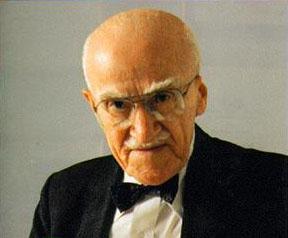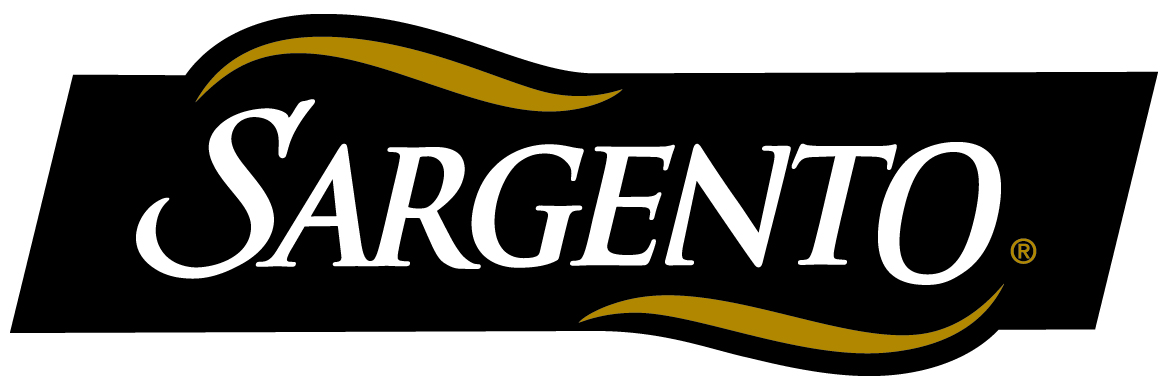The 2015 Future of Quality report is here. It is entitled “Quality Throughout” and it is free for everyone. You can download it by visiting the ASQ website.
This year the report is a little bit different than the past ones. This is a compilation of essays from experts in their fields, from around the globe. You will find essays about the future of leadership, Internet, global aerospace and defense, quality, manufacturing, city planning, healthcare, education, energy, and customer experience, all from the perspective of Quality.
One of the essays talks about the FUTURE OF LEADERSHIP: From Efficiency to Adaptability. Stanley McChrystal and Rodney Evans express that “we now live, work, and lead in an environment where static targets rarely exist. Activities, people, and information are linked, moving, connected, and enabled in ways that produce outcomes and effects that are fundamentally impossible to predict… In this environment defined by speed and complexity, top-down leadership is no longer sufficient. The inspiring, directive, strategic leader at the top of the organizational pyramid is no longer the most effective model by which to mobilize and optimize the talent within an organization. So the answer to the critical question is to create leaders at every level of an organization.
Quality leadership for the future means that every individual in a system is empowered and inspired to own his or her “patch” of the place. CrossLead requires transparent leadership, a major investment of time into communication, and constantly forcing cross-functional collaboration. The result is that leaders can make fewer decisions, create ownership and accountability below their level, and have more whitespace for understanding the environment and proactively addressing new information. This requires a shift in mindset from “pyramid” to “network” leadership: the network leader doesn’t solve the problem himself or herself. Instead, he or she spends time pushing information into the system, and pulling together the nodes that have the right understanding to tackle the issue. Cross-functional teams spring up, collaborate, solve, and disband. And this can happen spontaneously because there is an understanding of the situation, the organization’s purpose, and the issue to be solved. This kind of adaptability will outpace efficiency any day.
To make the shift from efficiency to adaptability, corporate leaders must possess certain fundamental skills. Typically, as leaders progress in their careers, they gain experience in various areas that develop their technical competence. But as they grow and progress, their reliance on these things becomes less critical and another, general skill set takes precedence. Adaptability comes from mastering this more general leadership skill set. Those who have mastery understand that “fundamentals first” is the only way to prepare for situations that can’t be anticipated. Only when an individual has mastery of these timeless leadership fundamentals will he or she become truly adaptable.“
And here is when I want to make a stop and think about what are those timeless leadership fundamental skills a leader has to have in order to be adaptable to any situation, and be able to work with his/her team in a collaborative way? Fortunately, they are very simple concepts, but sometimes hard to put on practice. Simon Sinek explains them in a clear way; he says that to be a successful leader you have to:
1) Know how and when to seize an opportunity.
Some phrases I want to highlight:
“One of the biggest failures of most leaders is the belief their leadership credibility comes from their intelligence. It doesn’t.”
“The people at the top have all the authority. The people at the bottom have all the information.”
“Leadership means: when everything goes right you give the credit away; when everything goes wrong, you take all the responsibility.”
The future of quality leadership is always getting back to the basic, to the fundamental timeless skills that will make you the best leader, no matter how the environment is changing around you.
What are your thoughts? Share with us!




